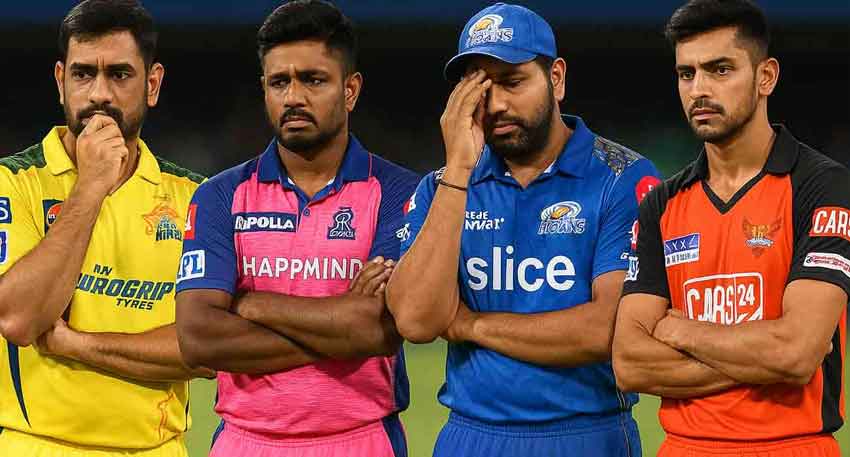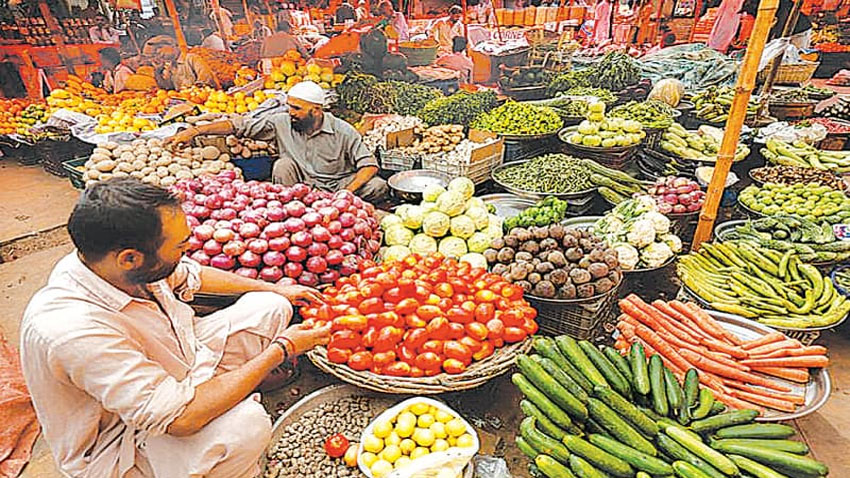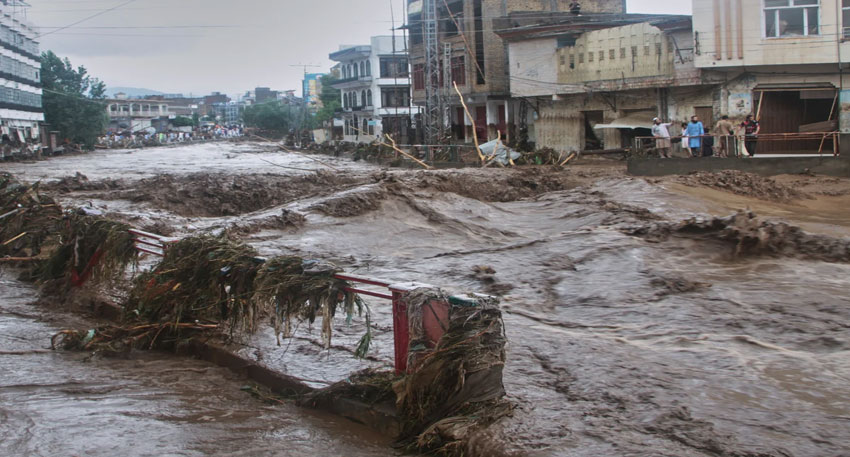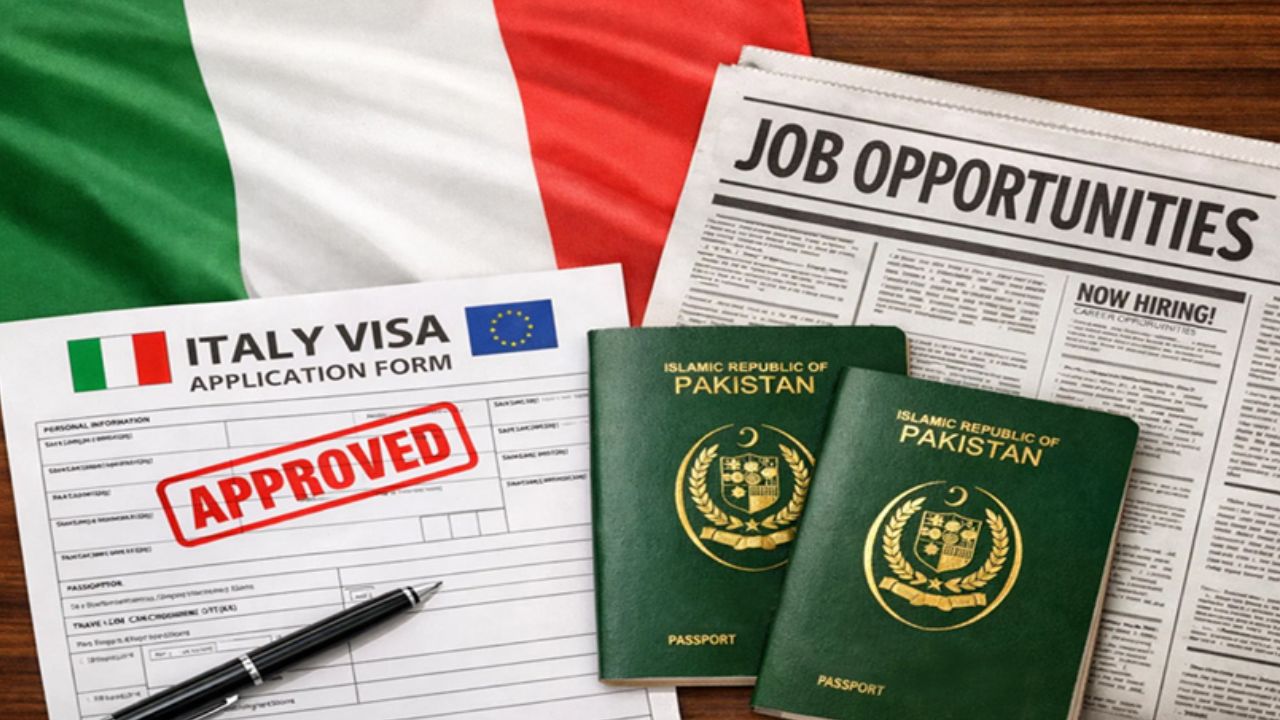
This decision has come at a time when the situation on the border has caused widespread concern, affecting not just cricket but also the sentiments of players, fans, and sponsors alike.
The suspension was confirmed in a statement from BCCI board secretary Devajit Saikia, who noted that further updates regarding the new schedule and venues will be announced after a thorough evaluation of the situation. The board has assured that the decision was made after consultations with key stakeholders, including franchisees, players, broadcasters, and sponsors, all of whom expressed their concerns given the ongoing security situation.
In a call involving senior BCCI officials, including Saikia and IPL chairman Arun Dhumal, it was unanimously agreed that continuing the IPL amid such heightened tensions was inappropriate. Players and support staff were immediately informed, and teams have begun disbanding, with many players now making arrangements to leave India and return home as soon as possible.
Also read: Death threat to cricket star Mohammad Shami amid rising fear among Indian Muslims
This suspension comes just one day after the IPL was forced to abandon a match between Punjab Kings (PBKS) and Delhi Capitals (DC) midway through the first innings. With airports in Dharamsala and surrounding areas closed, players had to travel from Dharamsala to Jalandhar by bus before taking a train to Delhi to catch their flights. This logistical challenge further highlighted the difficulties posed by the current tense environment.
The South African Cricketers’ Association also voiced concerns, with their CEO, Andrew Breetzke, reassuring players that the association is in close contact with them and offering any needed support. Player safety remains a priority, and the BCCI has emphasized its commitment to ensuring that all necessary precautions are taken during this turbulent time.
As IPL 2025 reaches its 58th game, the tournament faces significant uncertainty. With just 12 games left in the group stage and the start of India’s five-Test series in England on June 20, there may be little opportunity to resume the tournament before September. This pause comes at a time when tensions between India and Pakistan have dominated headlines, casting a shadow over sports and international relations.
The decision to suspend IPL 2025 serves as a stark reminder of the impact geopolitical tensions can have on global events. While the BCCI is hopeful for a resolution, the broader question remains—how will India handle the pressure of maintaining international sports events amid such instability?




